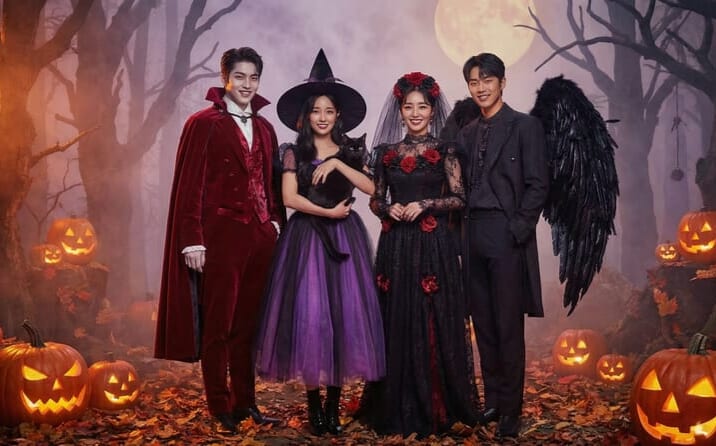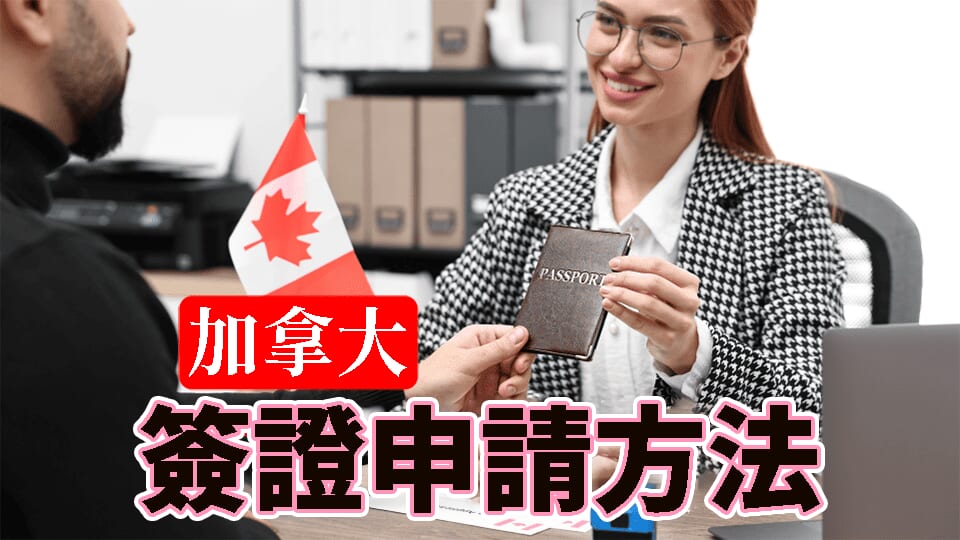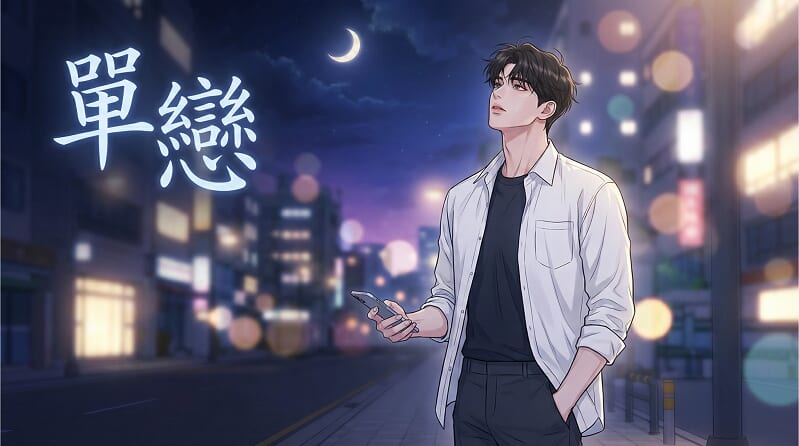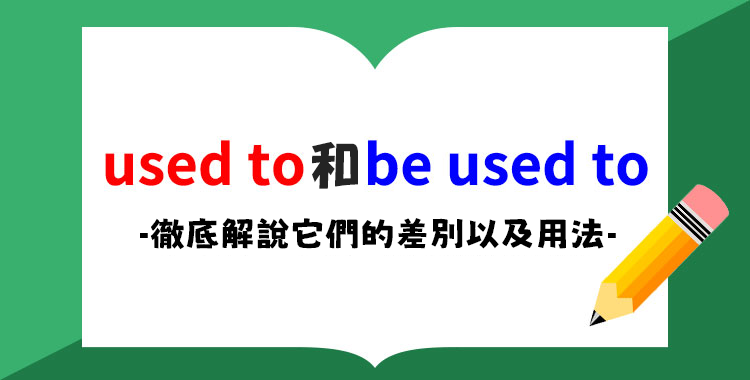我們在中學時學的基本動詞「have」除了「持有」的意思之外,還有好幾種不同的意思,是英文母語者們說話時最常用到的其中一個動詞。
今天的這一篇文章,就是要來詳細解說這個只要學會了怎麼會就會非常方便的「have」的用法。請務必參考本篇文章的內容作為英語學習的使用。
英文的「have」跟中文的「有」一樣運用相當廣泛。
除了能指「擁有」眼睛實際上可以看到的東西,如「I have a book.(我有一本書)」之外,也可以廣泛的用來表示「I have black hair.(我有黑色的頭髮=我的頭髮是黑色的)」「I have a cold.(我有感冒=我感冒了)」。
①吃、喝
「Have」可以用來表達吃東西或喝東西。
相較於「eat」是直接表達「吃」,而「have」表達出的意思比較接近「用餐」。
「I had bagels for lunch.(我午餐吃了貝果。)」「I’d like to have coffee.(我想喝咖啡。)」可以這麼使用取代「eat」「drink」。
I already had lunch.
我已經吃過午餐了。
I’ll have a cheese hamburger and Coca-Cola, please.
請給我一個起司漢堡和一瓶可樂。
I had a big breakfast. I’m still full.
我早餐吃了很多,現在還很飽。
We had coffee in the cafe.
我們在咖啡廳裡喝了咖啡。
②事件
「Have」可以用來談論特別事件。
當生活中有會議、派對、看醫生、課程等特殊事件時,就可以用「have」來表現。例如「I have a meeting.(我有一個會議)」,
I’ll have a party next weekend. Can you come?
下週我要開派對,你能來嗎?
I have 3 meetings in the afternoon.
我今天下午有三場會議。
I had a Spanish lesson in the morning.
我早上上了一堂西班牙語課。
Do you have a day off today?
你今天休假嗎?
He had a date yesterday.
他昨天有個約會。
We had a medical check-up on Friday.
我們在星期五做了健康檢查。
③特徵、狀態
「Have」可以用來表現人的樣貌特徵。
除了可以用來描述肉眼可見的特徵如「She has long hair.(她有長頭髮=她的頭髮是長的。)」之外,也可以用來描述用眼睛看不到的特徵如「He has a lot of knowledge.(他有很多知識=他知識淵博。)」
另外,感冒或生病的時候,也可以用「have」來表達。
She has blue eyes.
她有著藍色的眼睛。
He has brown hair
他的頭髮是棕色的。
She has long eyelashes.
她的睫毛很長。
My grandpa had cancer.
我爺爺得了癌症。
I have a cold. I can’t go today.
我感冒了,我今天不能去了。
I have a pollen allergy.
我對花粉過敏。
此外,它不僅可以用於人,也可用於對物的描述,如「Soy has a lot of protein.(大豆有豐富的蛋白質=大豆含有豐富的蛋白質)」,像這樣「have」可用來描述物的特徵。
The car has luxury seats.
那部車配有豪華座椅。
The hotel has a fantastic view.
那間飯店擁有絕佳的景觀。
This store has a large selection of items.
這家商店的商品種類繁多。
This TV has a lot of functions.
這台電視有很多功能。
④動作
「have + a 名詞」一起用的話,就可以用來表示動作或行動,如以下用法:
・have a seat(坐)
・have a try(嘗試)
・have a bath (洗澡)
・have a trip(旅行)
・have a look(看)
・have a talk(說話)
・have an accident(遭遇事故)
・have a picnic(野餐)
・have a fight(吵架)
這些都是家人朋友日常之間常見的表達方式。
Please have a seat.
請坐。
Have a try! It’s nice.
試一下嘛!很棒耶!
I’ll have a picnic with my family.
我要跟家人去野餐。
I don’t want to have a fight.
我不想吵架。
She had a trip with my sister.
她跟我妹妹一起去旅行。
We should go and have a look.
我們應該去看看。
⑤必須
用「have to + 原型動詞」表示「必須」,有義務做什麼。
I have to call him tonight.
我今天晚上必須打電話給他。
We have to go now. The train is coming.
我們該走了,列車要進站了。
You have to take off your shoes here.
你必須把鞋子脫在這裡。
She has to work tomorrow.
她明天要上班。
I have exams next week. I have to study.
我下禮拜要考試,我必須讀書。
否定句型「don’t have to~」則表示「不需要、不必」的意思。
You don’t have to worry. It’ll be alright.
你不需要擔心,會沒事的。
You don’t have to carry it. I’ll do that.
你不需要搬這個,我來就好。
She didn’t have to say anything.
她不必解釋什麼。
I didn’t have to do that.
我不需要做那個。
另外,「had better」也是經常用來表達「必須」的一種說法。
「had better」有著「只好」「最好」「不這麼做的話會很糟糕」的意涵,用於為了避免產生不好結果的「必須」。
如「I had better go. I wanna catch the last train.(我不走不行了,我想趕上最後一班電車。)」等,用於像這樣「不怎樣不行了」的場景。
I had better get back to the office. I have a lot of things to do.
我最好該回辦公室了,我還有好多工作要做。
You had better go to see a doctor.
你最好去看個醫生。
The train has already left. We had better go by taxi.
那班列車已經離站了,我們只好搭計程車。
I had better call her.
我最好撥通電話給她。
⑥使、讓〈使役動詞〉
「have」也可以作為使役動詞的角色,表示「使、讓◯◯做~」。這個用法以句型「have + 受詞(人・物)+ 原型動詞」來表現。
雖然它屬於使役動詞的一種,但「have」並沒有強制性,而表現出如「請託」「請◯◯幫忙做~」的意思。
I had my mom cook lunch.
我讓(請)母親幫我做午餐。
I’ll have my brother pick me up at the station.
我會讓(請)我哥哥來車站接我。
My sister had me press her shirt.
我妹妹讓(請)我幫她燙襯衫。
融會貫通徹底學會have的用法吧!
這次我們學習了基本動詞「have」的使用方法。
【 總結 ーhave的使用方法ー 】
①吃、喝
②事件
③特徴、狀態
④動作
⑤必須
⑥使、讓〈使役動詞〉
這次所介紹的「have」的用法,都是英語母語人士們在日常會話中最常用的表達方式。
「Have」是非常方便好用的動詞,只要學會它的用法就可以應用在各種情況,所以無論如何都要掌握「have」的用法,以利提升自己的英語會話能力。



















